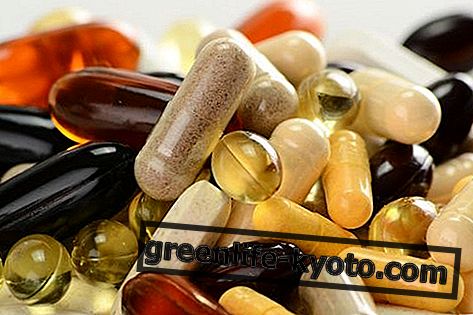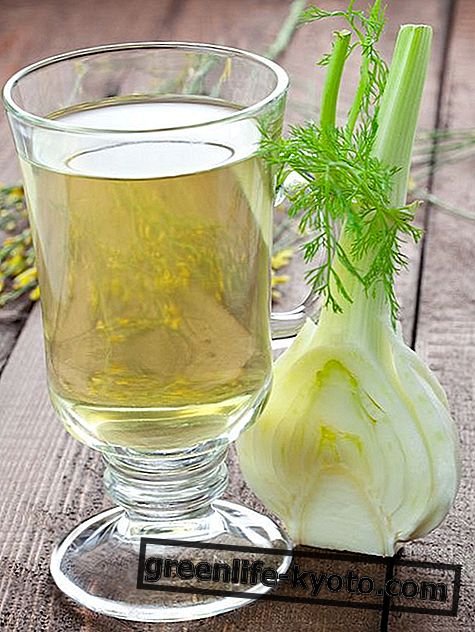
Drink yes, but fine
We often talk about the benefits of wine but, before going into the subject, it is important to make a premise: wine is an alcoholic beverage and, as such, should be consumed in moderate quantities. The reasonable maximum limit is two glasses a day for men and one glass a day for women, preferably during main meals and never on an empty stomach.
The difference between the consumption recommended in men and women depends on the different biological characteristics of the female organism, which allows to eliminate about half of alcohol compared to the male one.
They should not drink alcohol (and therefore not even wine):
- the people who are about to drive a vehicle;
- all those who take drugs that can interact with alcohol, for example antiepileptics and psychotropic drugs;
- pregnant women;
- children under 16 years. Why 16 years? Before that age, enzymes that can absorb alcohol are completely absent. These enzymes reach full maturity around 21 years.
The benefits of wine on heart and brain
Having said this and according to what is supported by the wide scientific literature available, wine is good for the organism and above all for the health of the cardiovascular and cerebrovascular system. It also seems that he has the power to extend life; in fact, several epidemiological studies have shown greater longevity in moderate wine drinkers compared to teetotallers and heavy drinkers.
Numerous clinical and epidemiological investigations have emphasized the protective action of wine with respect to the heart and vessels. The people responsible for these benefits are polyphenols, in particular resveratrol . However, not all wines are the same; antioxidant foods are in fact present especially in aged reds, much less in young and white wines.
The components of the wine act at various levels:
- they have an antioxidant and anti-aging effect;
- they act positively on cholesterol, triglycerides and basal glycemia;
- induce an increase in tissue sensitivity to the action of insulin;
- have a fibrinolytic and antithrombotic action.
A protective role of wine has also been hypothesized in relation to Alzheimer's disease and other degenerative diseases of the nervous system. Also in this case the merit would go to antioxidants and in particular to resveratrol.
The benefits of wine on other organs
But the benefits of wine do not end there.
Moderate wine intake appears to have a beneficial effect on bones, counteracting osteoporosis in both men and women. Some studies have suggested a positive effect of white wine in the prevention of rheumatic diseases; this benefit would be due to two substances - tyrosol and caffeic acid - capable of counteracting inflammation.
Benefits of red wine have also been suggested on gallbladder stones and some types of cancer. We just have to wait for further studies for a possible confirmation.













